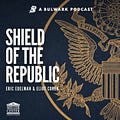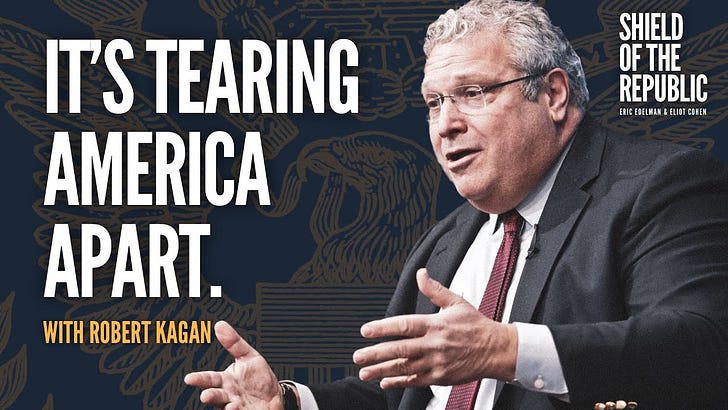Eric welcomes Franklin C. Miller, a Principal at the Scowcroft Group and long time public servant at the Department of State, Defense and the White House with deep expertise on nuclear strategy, escalation dynamics and deterrence. They discuss the loss of intellectual capital in the nuclear strategy arena after the end of the Cold War, the numerous panels and reports that have testified to that loss, the nature of Putin and other Russian officials nuclear threats in Ukraine war context, traditional Russian attitudes towards and compliance with arms control agreements, steps that NATO can take to enhance its deterrent posture in the face of Russian nuclear sabre rattling, the challenges of deterring both Russia and China (the so-called 3 body problem) as nuclear peers, and a precis of the just released (Oct. 12) report of the congressionally mandated Commission on the Strategic Posture of the United States.
America's Strategic Posture Commission Report:
https://www.ida.org/-/media/feature/publications/A/Am/Americas%20Strategic%20Posture/Strategic-Posture-Commission-Report.pdf
https://www.nato.int/docu/review/articles/2023/09/29/the-urgent-imperative-to-maintain-natos-nuclear-deterrence/index.html
https://www.armed-services.senate.gov/imo/media/doc/Edelman-Miller%20Opening%20Statement%20SASC%20Hearing%20Sept.%2020%2020225.pdf
https://www.foreignaffairs.com/united-states/us-nuclear-arsenal-can-deter-both-china-and-russia
Shield of the Republic is a Bulwark podcast co-sponsored by the Miller Center of Public Affairs at the University of Virginia.
Share this post

We Need a Renaissance in Deterrence Policy
www.thebulwark.com
We Need a Renaissance in Deterrence Policy
Oct 19, 2023
Shield of the Republic
Audio
Shield of the Republic is a Bulwark podcast co-sponsored by the Miller Center of Public Affairs at the University of Virginia. We probe beyond the hive mind of Washington conventional wisdom on national security and foreign affairs.
Shield of the Republic is a Bulwark podcast co-sponsored by the Miller Center of Public Affairs at the University of Virginia. We probe beyond the hive mind of Washington conventional wisdom on national security and foreign affairs.Listen on
Substack App
Apple Podcasts
Spotify
Pocket Casts
RSS Feed
Recent Episodes












We Need a Renaissance in Deterrence Policy